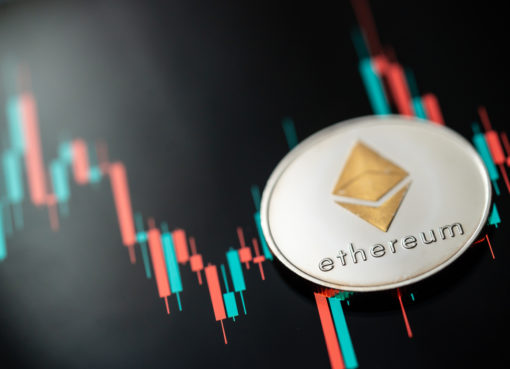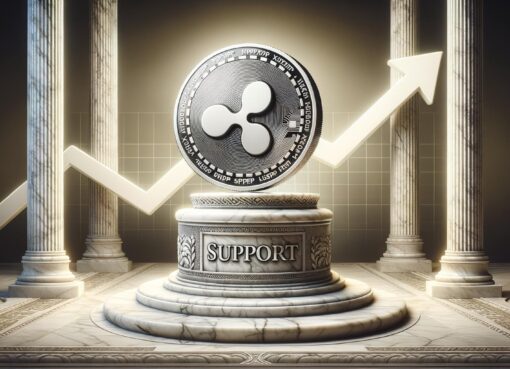Asia is getting filled with a growing number of blockchain enthusiasts, while the rest of the world is waiting for crypto winter to start.
It seems that Asia might become the next crypto hub, with the adoption of digital assets gaining momentum. Central and southern Asia are the leading regions establishing themselves as key players in the decentralized finance (DeFi) industry. According to the ChainAnalysis 2023 crypto adaptation index, six of the top ten countries in crypto adoption are located in the region.
In September, there have been a number of big crypto events taking place in South Korea, Singapore, and Hong Kong, including the Korea Blockchain Week, Token2049, and the Edge Summit.
Token2049, the premier crypto event organized annually in Dubai and Singapore, welcomed more than 20,000 attendees and allowed them to exchange innovative ideas and share their views on the industry. The event has been one of the largest Web3 and DeFi events so far this year. During the conference, it became obvious that Singapore continues to emerge as a top player in the emergence of cryptocurrency markets. A few companies were granted licenses for operating in the country, including Blockchain.com and Ripple Labs. Coinbase Inc (NASDAQ: COIN) also received a Major Payment Institution (MPI) license issued by the Monetary Authority of Singapore (MAS), becoming a fully authorized player in Singapore. In addition, Singapore became the world’s first country to agree to stablecoin regulation, which added to the country’s push ahead in the global crypto emergence.
Hong Kong looks attractive due to its crypto-friendly climate as well. The island strives to become a virtual asset hub as part of efforts to reinvent itself following years of strict pandemic restrictions and a national security law that has spooked international business.
Karl Blomsterwall, the CEO of Planet IX and an invited speaker at the EDGE Global AI and Web3 Investment Summit in Hong Kong, stated:
“Over the last couple of months, we have seen a push from Hong Kong to position itself in a favorable position to capture a larger share of the future crypto and blockchain market. It’s not surprising as the lack of regulatory clarity and commitment in other regions, such as the US, opens up for new entrants.”
In mainland China, cryptocurrency transactions have been banned since 2021. Transactions made on foreign exchanges from within the mainland are also considered illegal. Meanwhile, Hong Kong’s Securities and Futures Ordinance (SFC) has been accepting applications for cryptocurrency exchanges since June 1, allowing licensed operators to serve retail investors as long as they understand the risks involved. So far, only two such exchanges have received approval in Hong Kong – OSL Exchange and Hashkey Exchange, with more companies considering applications.
Rishi Vaidya, the co-founder and head of partnerships and marketing at Carbo-X Token, commented:
“One of the driving forces behind Asia’s crypto boom is the increasing adoption of digital assets. In countries like India, where a massive population lacks access to traditional banking, cryptocurrencies offer a new financial frontier. Moreover, the younger generation in Asia is more receptive to digital currencies, which bodes well for long-term adoption.”
Another factor fueling the adoption of cryptos in the region is growing regulatory scrutiny in the US. Now, to fall under SEC regulations, cryptocurrency markets must meet the Howey Test which determines whether a transaction can be considered an investment contract.
Thus, Asia is getting filled with a growing number of blockchain enthusiasts, while the rest of the world is waiting for crypto winter to start.
Darya is a crypto enthusiast who strongly believes in the future of blockchain. Being a hospitality professional, she is interested in finding the ways blockchain can change different industries and bring our life to a different level.




